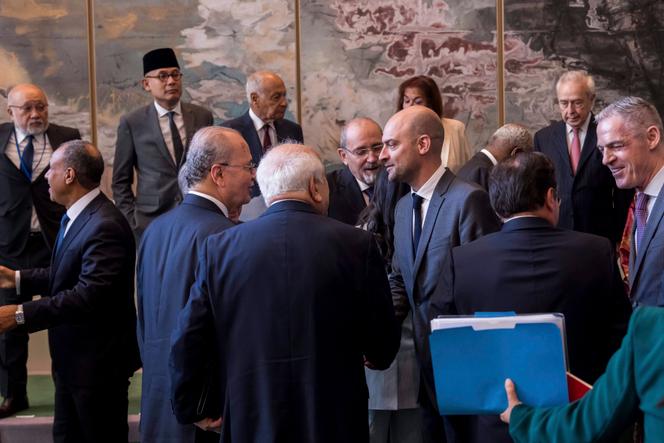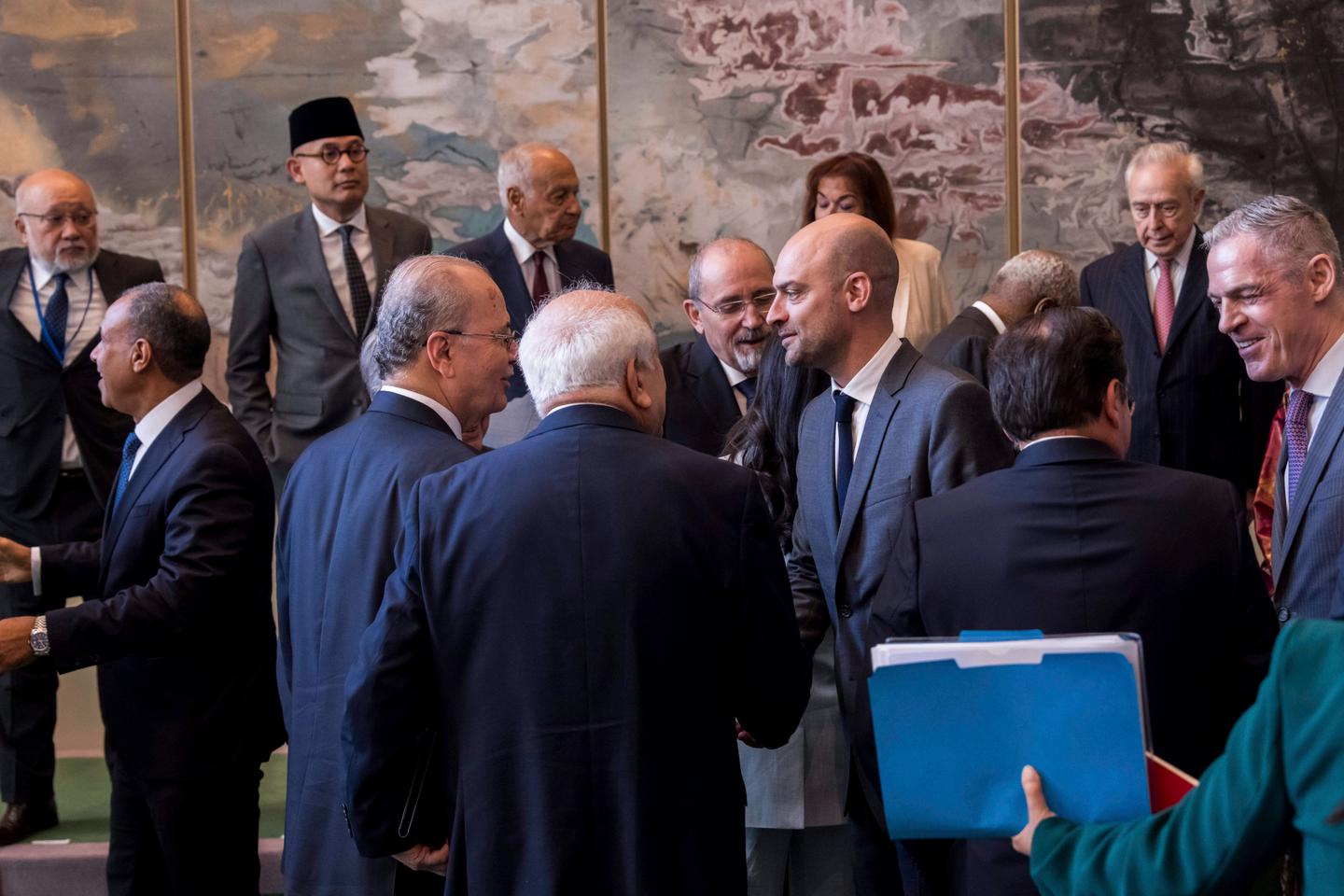One week after President Emmanuel Macron pledged on July 24 to recognize the State of Palestine at the upcoming United Nations General Assembly in September, there have been notable shifts. Two other G7 member states, the United Kingdom and Canada, have also taken steps toward recognition, as has Portugal. While the history of the Israeli-Palestinian conflict calls for caution, this momentum is encouraging.
Read more Subscribers only Macron decides to recognize State of Palestine amid diplomatic impasse and humanitarian disaster in Gaza
The French commitment would certainly not have resonated the same way if Israel had finally ended its war against Gaza and the Palestinians surviving there – with no resolution for the hostages still held captive. Instead, the coalition led by Israeli Prime Minister Benjamin Netanyahu chose escalation by evoking ethnic cleansing and wielding starvation as a weapon.
The Israeli-American organization set up to reinforce Israeli control over Gaza has produced well-known results: notoriously insufficient food distributions that have turned into bloodbaths due to its incompetence. With Israel maintaining total control over access to this narrow strip of land-turned-deathtrap, it is solely responsible for the global outrage provoked by the suffering inflicted upon its residents.
 France’s foreign minister, Jean-Noël Barrot, greeted Palestinian prime minister Mohammad Mustafa during a high-level conference on implementing the two-state solution at United Nations headquarters in New York on July 28, 2025. ADAM GRAY/AP
France’s foreign minister, Jean-Noël Barrot, greeted Palestinian prime minister Mohammad Mustafa during a high-level conference on implementing the two-state solution at United Nations headquarters in New York on July 28, 2025. ADAM GRAY/AP
Unsurprisingly, the French initiative has sparked Israel’s fury. One can only hope that this will help open the eyes of those who still see Israel as it once was, rather than what it has become. The overwhelming adoption by the Israeli parliament, the Knesset, of a non-binding resolution in favor of annexing the West Bank is another warning sign. It is regrettable that Israeli centrist parties chose to abstain on an issue concerning a territory conquered militarily in 1967 and colonized by force, over which Israel has no legitimate right.
Against this backdrop of Israeli intransigence, the French initiative stands out for restoring a political dimension at a time when the lack of any prospects has fueled extremism for years. Especially significant is its clear stance toward Hamas, which bears responsibility for triggering this ongoing tragedy – namely, the massacres of October 7, 2023. It is imperative that Hamas be disarmed and evicted, something that more than 22 months of all-out war have failed to achieve.
A glimmer of hope
This position is shared by Arab countries, which could help rebuild Gaza and offer a glimmer of hope to its people once the fighting ends. The corollary of Hamas’s removal has also been reaffirmed: the rebuilding of a Palestinian Authority (PA) that is currently discredited. It is worth recalling that the PA was established by the 1993 Oslo Accords to support a peace process, not to serve as a powerless auxiliary to an occupying power.
But there is no guarantee that the momentum seen since July 24 will bear fruit. The threats made by Donald Trump against Canada following Prime Minister Mark Carney’s statement in favor of recognizing Palestine demonstrate the determination of those unwilling to exert any meaningful pressure on Netanyahu. Yet the voices in France and abroad that have criticized Macron’s initiative offer no alternative but to remain entrenched in a dead end.
Read more Subscribers only Recognizing Palestine: ‘It was becoming dishonorable to do nothing,’ says ex-French foreign minister
Translation of an original article published in French on lemonde.fr; the publisher may only be liable for the French version.
